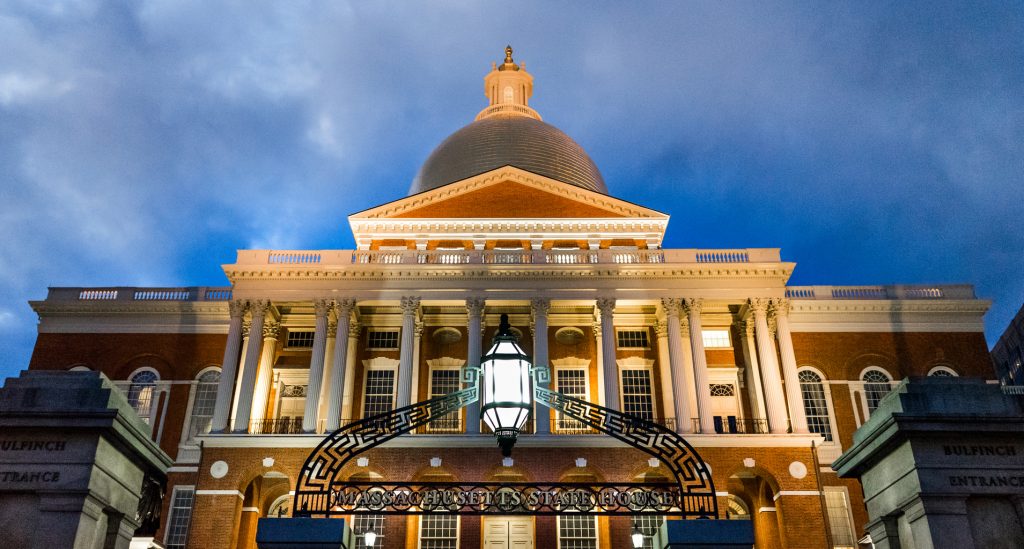Bill is modeled after similar programs in Reading, other communities

Photo by William Zhang
The House of Representatives has given preliminary approval to legislation allowing cities and towns to establish a means-tested property tax exemption for senior citizens.
House Bill 4001 was engrossed by the House on a unanimous vote of 150-0 on July 30, with the support of House Minority Leader Bradley H. Jones, Jr. (R-North Reading) and Representatives James Dwyer (D-Woburn). It is modeled after local legislation filed by Reading’s legislative delegation and signed into law in 2016. Other communities, including Sudbury and Wayland, have also adopted similar tax relief programs.
“This bill will allow many seniors to remain in their homes and continue to live in the same community where they have raised their families,” said Representative Jones. “This approach has proven to be successful in a handful of communities, including Reading, and this bill will ensure that the same option is available to all 351 cities and towns.”
“I am very proud that Representative Jones and I were able to secure this tax relief option that so many of our seniors in the Commonwealth of Massachusetts require to stay a part of their local communities,” said Representative Dwyer. “Seniors should never be forced to leave the communities they grew up in and this bill will ensure that.”
Under the local option proposal, communities can offer property tax relief to qualifying seniors, based in part on the amount of the tax credit they were eligible to receive the year prior under the state’s Senior Circuit Breaker program. The actual amount of the tax exemption would be set annually by the local governing body.
House Bill 4001 sets specific guidelines applicants must meet to qualify for a tax exemption. Participation is limited to homeowners who are 65 or older and have resided in the community for at least 10 consecutive years. If a tax exemption request is filed jointly, the second applicant must be 60 or older, and at least one of the applicants must meet the minimum residency requirement of 10 consecutive years.
Seniors must file annually to receive the exemption, which is subject to approval by the local Board of Assessors. The Board can deny an exemption if it determines the applicant has excessive assets.
House Bill 4001 also contains provisions sun-setting the property tax exemption program after three years. Communities that adopt the local option would be required to vote at three-year intervals to reauthorize the program.
House Bill 4001 now heads to the Senate for further action.
